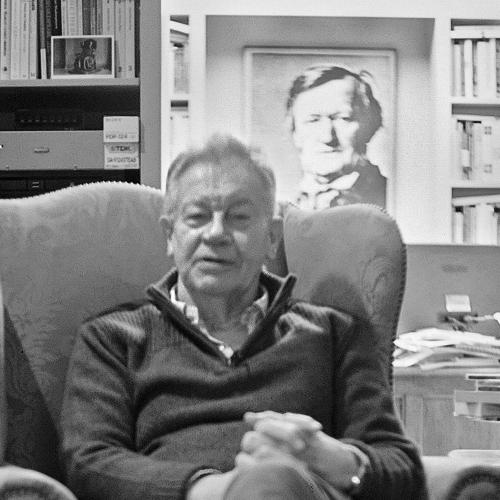COMPOSERS: JS Bach
LABELS: Dynamic
WORKS: Two-Part Inventions, BWV 772-786; Sinfonias, BWV 787-801; French Suite No. 6 in E, BWV 817; Partita No. 2 in C, BWV 826; Sechs Kleine Präludien; Kleine Präludien aus dem Clavierbüchen vor Wilhelm Friedemann Bach; Kleine Fugen und Präludien mit Fughetten
PERFORMER: Andrea Bacchetti (piano)
CATALOGUE NO: CDS 629/1-2
Andrea Bacchetti is a 31-year-old Italian pianist, who has been performing since the age of 11 and has won various competitions. Although his repertoire ranges from Bach to Berio, a composer with whom he worked extensively, he is most widely known on the continent for his Bach performances. Yet so far he hasn’t appeared in the UK. As this pair of discs shows, that is our loss. There are some very fine Bach keyboard players around, but I find his highly individual style uniquely enjoyable and uplifting.
Bacchetti’s way of playing is hard to characterise, and impossible to in a single word. He is supremely concerned to articulate every voice, but that doesn’t mean that his playing is didactic, as one sometimes feels that András Schiff’s is. Schiff plays in a mellower style, but there is still the feeling that underneath the performance is a covert lecture.
My overall preference among recent pianists has been for Murray Perahia, who I suppose is bound to be called Romantic by some. That has to do, of course, with the potentialities of expression that the piano has, and that the harpsichord, let alone the clavichord, doesn’t.
Bacchetti, on the other hand, strikes a fine balance, making the piano work on his own (or, one might say, Bach’s) terms while avoiding the instrument’s potentially Romantic character. The result is austere, and gives a sense of the music’s peculiar self-containment: if this music could play itself, this is what it would sound like.
Why then choose the piano at all? Bacchetti is interested in variations of dynamic, though not of an extravagant kind. And he wants the piano’s type of percussiveness, though again within strict limits. The medium and the message seem to me to be in perfect accord.
There isn’t a dull moment in this album’s two-and-a-half hours; even the simplest pieces – though all Bach’s simplicities are deceptive – turn out to be gems under Bacchetti’s passionate fingers. For anyone who, like me, knows the Little Preludes and Fugues only as pieces to play, or attempt, with exasperation at their difficulties, their magnificence will be a revelation.
These very small pieces tend not to be performed, and therefore not listened to, but none of them is dispensable. It goes without saying that the Two-Part Inventions and the Sinfonias (otherwise Three-Part Inventions) are masterpieces, even if each piece lasts only last for two minutes.
Bacchetti, like all great Bach players, endows every note with life, to the point of fanaticism. What is interesting is that in this context the two works that one is most likely to know, the Sixth French Suite and the Second Partita, don’t, as I expected, stand out from the rest, but show that Bach was almost incapable of writing an uninspired piece. The recording is slightly rattly, and catches Bacchetti’s odd gasp or groan – nothing Gouldian – but doesn’t undermine the exalted level of the performance. Michael Tanner
